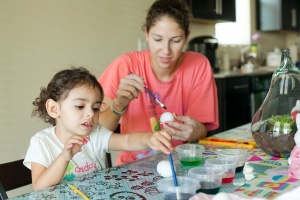SWEDEN 
Northern Europe
Capital: Stockholm
Languages: Swedish
Predominant Religion(s): Christianity (Protestant)
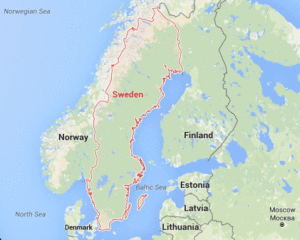 COMMON CHARACTERISTICS:
COMMON CHARACTERISTICS:
- It is common knowledge in Sweden that “time” should be respected at all times – regardless of whether you’re going for an interview or a friendly fika. Meetings will start on time with or without you. The train leaves on time with or without you. Swedes value punctuality.
- Swedes celebrate summer with an intensity that can only be found in a people who have just endured a long, dark winter.
- Swedes are usually very straightforward and honest – they say it like it is!
FUN FACTS:
- Fika is Swedish for a coffee break that is more about socializing than drinking coffee.
 Accompanying sweets are crucial. Cinnamon buns, cakes, cookies, even open-faced sandwiches pass as acceptable fika fare. Fika can happen at any time – morning as well as evening.
Accompanying sweets are crucial. Cinnamon buns, cakes, cookies, even open-faced sandwiches pass as acceptable fika fare. Fika can happen at any time – morning as well as evening. - In mid-June, school is out and nature has burst
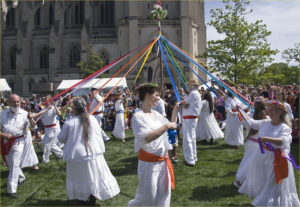 into life. It seems like the sun never sets. In fact, in the north of Sweden it doesn’t, and in the south only for an hour or two. This calls for celebration! Friends and family gather for the most typically Swedish tradition of all: Midsummer. People often begin the day by picking flowers and making wreaths to place on the maypole.
into life. It seems like the sun never sets. In fact, in the north of Sweden it doesn’t, and in the south only for an hour or two. This calls for celebration! Friends and family gather for the most typically Swedish tradition of all: Midsummer. People often begin the day by picking flowers and making wreaths to place on the maypole. 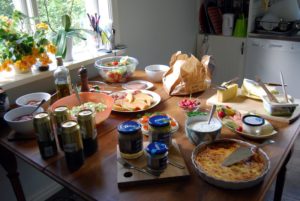
- A typical Midsummer menu features different kinds of pickled herring, boiled new potatoes with fresh dill, soured cream and chives. This is often followed by a grilled dish of some kind, such as spare rib or salmon, and for dessert the first strawberries of summer, with cream.
USEFUL PHRASES:
- How are you? Hur mår du?
- Fine, thanks. Bra, tack.
- My name is… Jag heter…
- Nice to meet you! Trevligt att träffas!
- Thank you. Tack.
Photos by: Blondinrikard Froberg {flickr}; Ron Cogswell {flickr}; Ben Welsh {flickr}











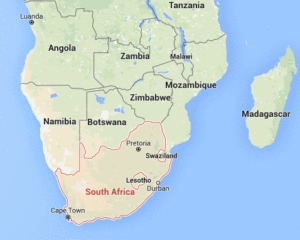


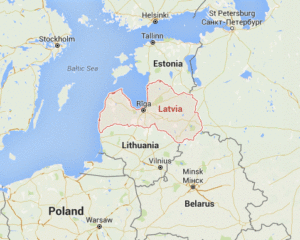

 Mother’s Day recognizes mothers, motherhood and maternal bonds in general, as well as the positive contributions that they make to society. It was established by Anna Jarvis, with the first official Mother’s Day was celebrated at St. Andrew’s Methodist Church in Grafton, West Virginia, on May 10, 1908.
Mother’s Day recognizes mothers, motherhood and maternal bonds in general, as well as the positive contributions that they make to society. It was established by Anna Jarvis, with the first official Mother’s Day was celebrated at St. Andrew’s Methodist Church in Grafton, West Virginia, on May 10, 1908.